The college application season is mostly over. My friends whose kids were applying don’t have to edit essays anymore. I wonder if the system could be made more equitable by preventing parents from assisting with essay-writing, either by editing/authoring themselves or hiring a professional writer. If a child has Harvard-educated parents or parents wealthy enough to hire a New Yorker writer, he/she/ze/they has a huge advantage as an essayist compared to a child from a low-income low-education family.
Why not make the essay writing like the SATs? Kids go into a big room after being stripped of electronic devices and use a computer provided by the test administrator to write whatever they want. Rich kids can still get an advantage by acquiring a diagnosis of a learning disability that requires unlimited time, but it won’t be as huge as what they have now.
Maybe this is a dumb question because any kid who wants to get into college can simply check one of the Elizabeth Warren boxes (e.g., “Native American”) and sail through.
Suppose that the applicant turns out to be a great writer? Here’s what he/she/ze/they will find at MIT (as of January 2023):
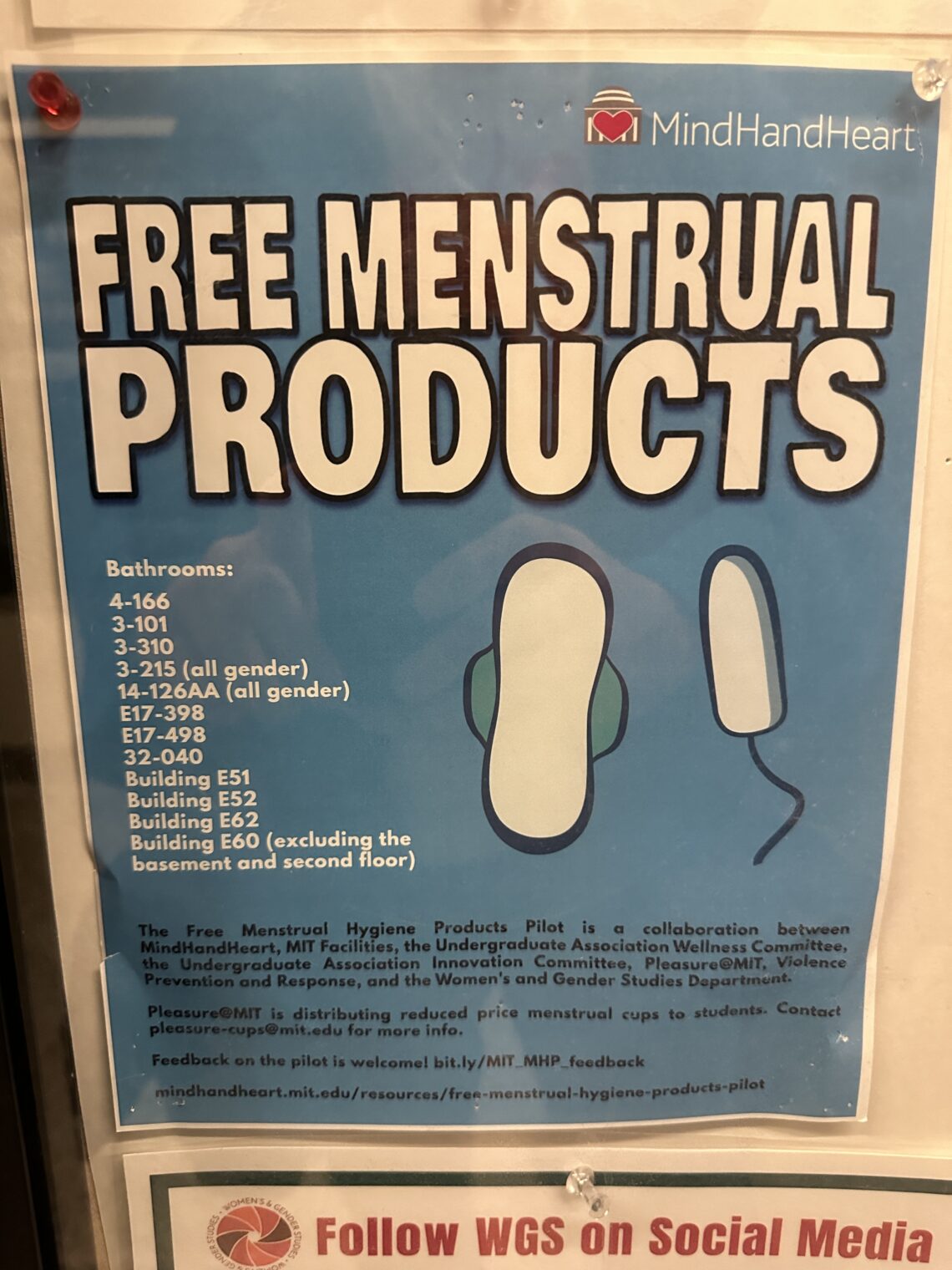
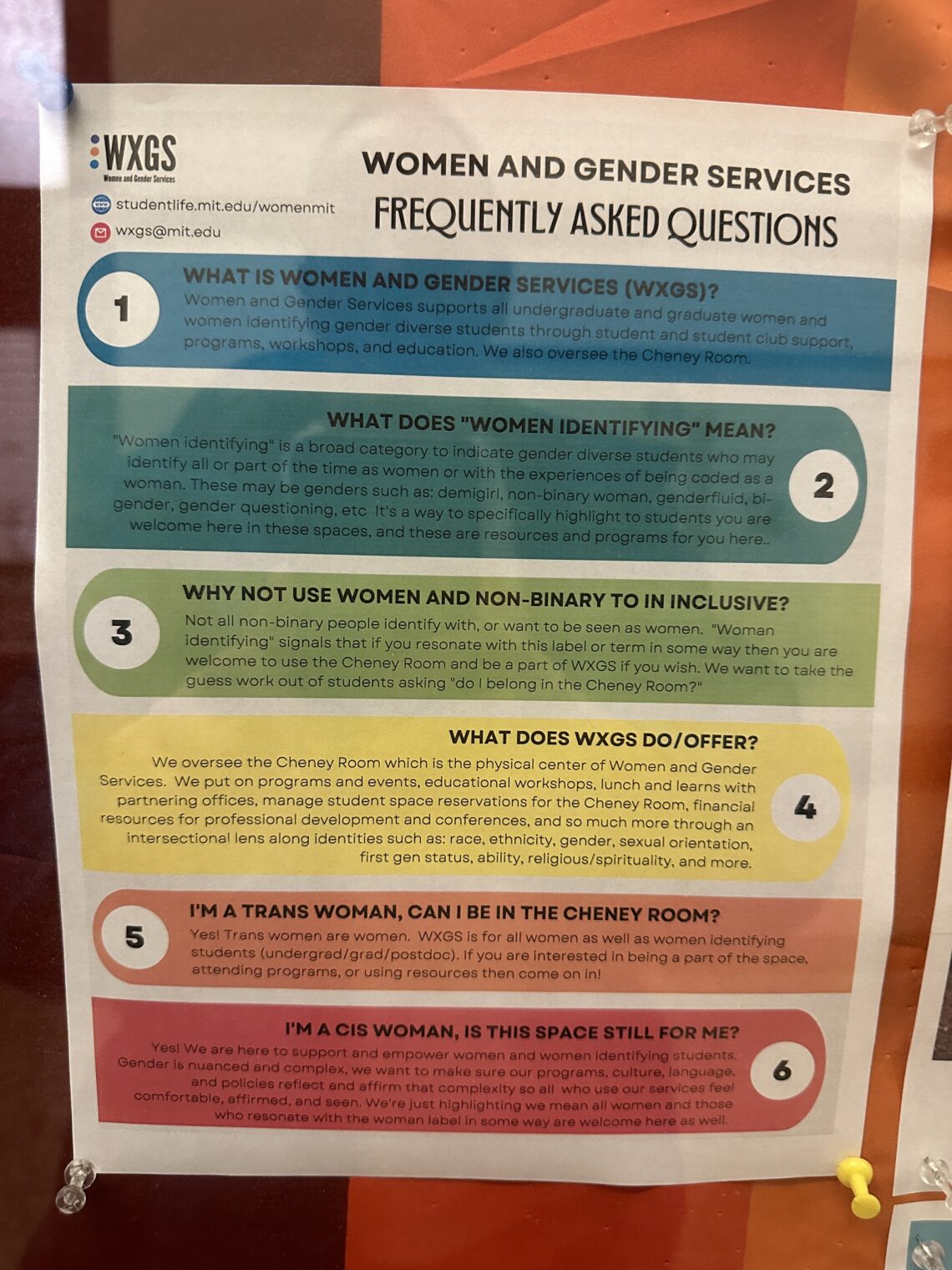
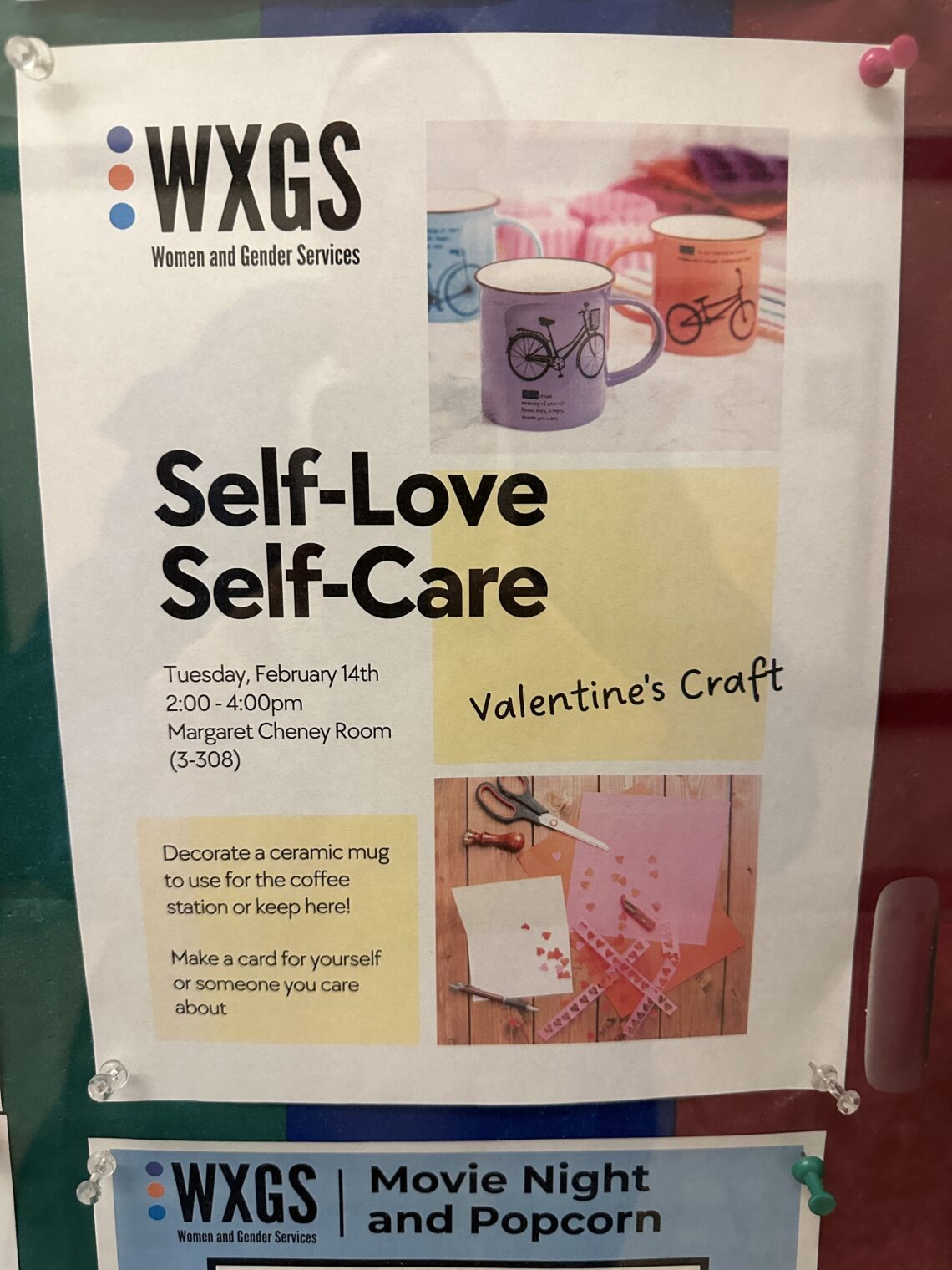
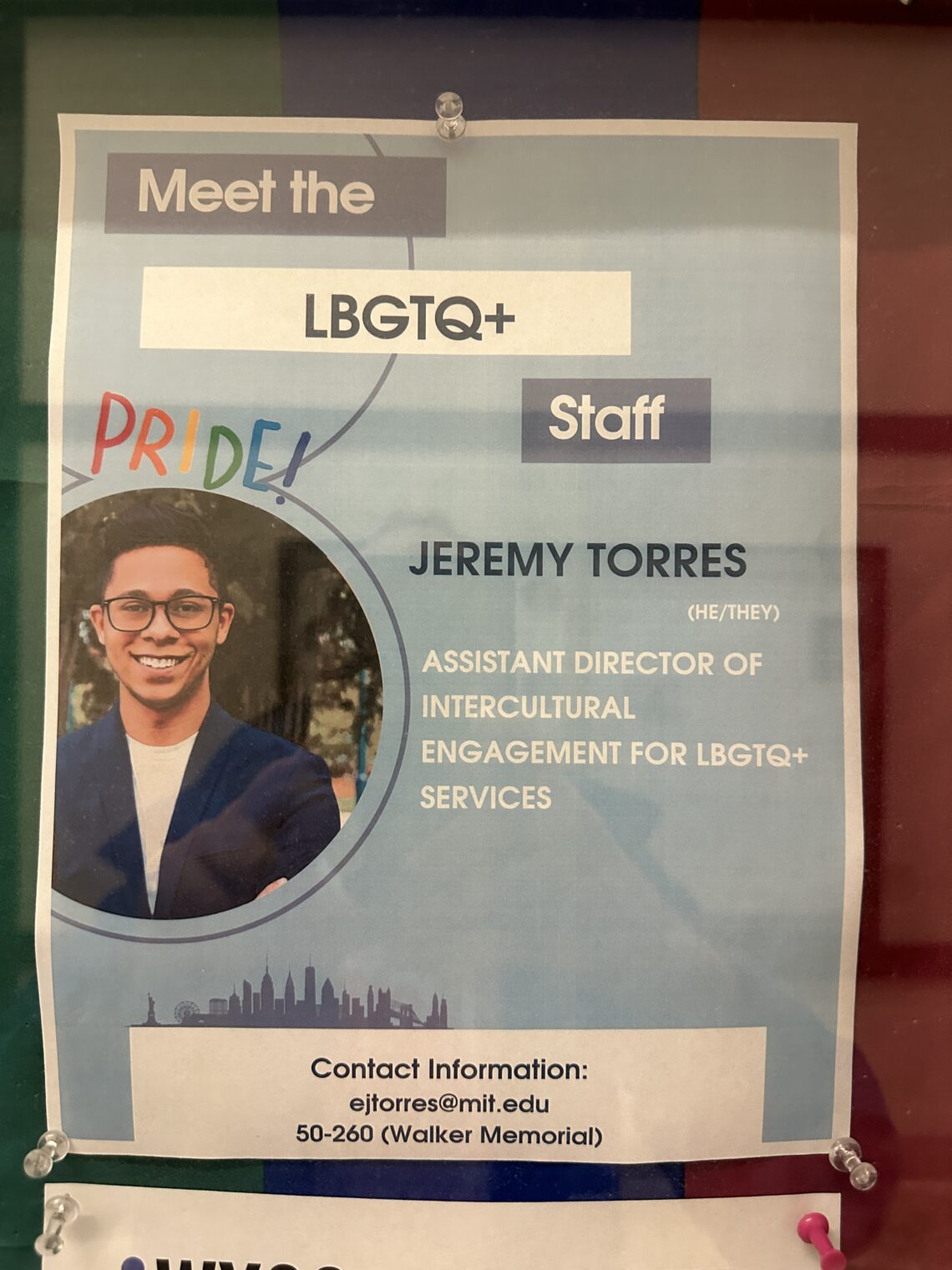
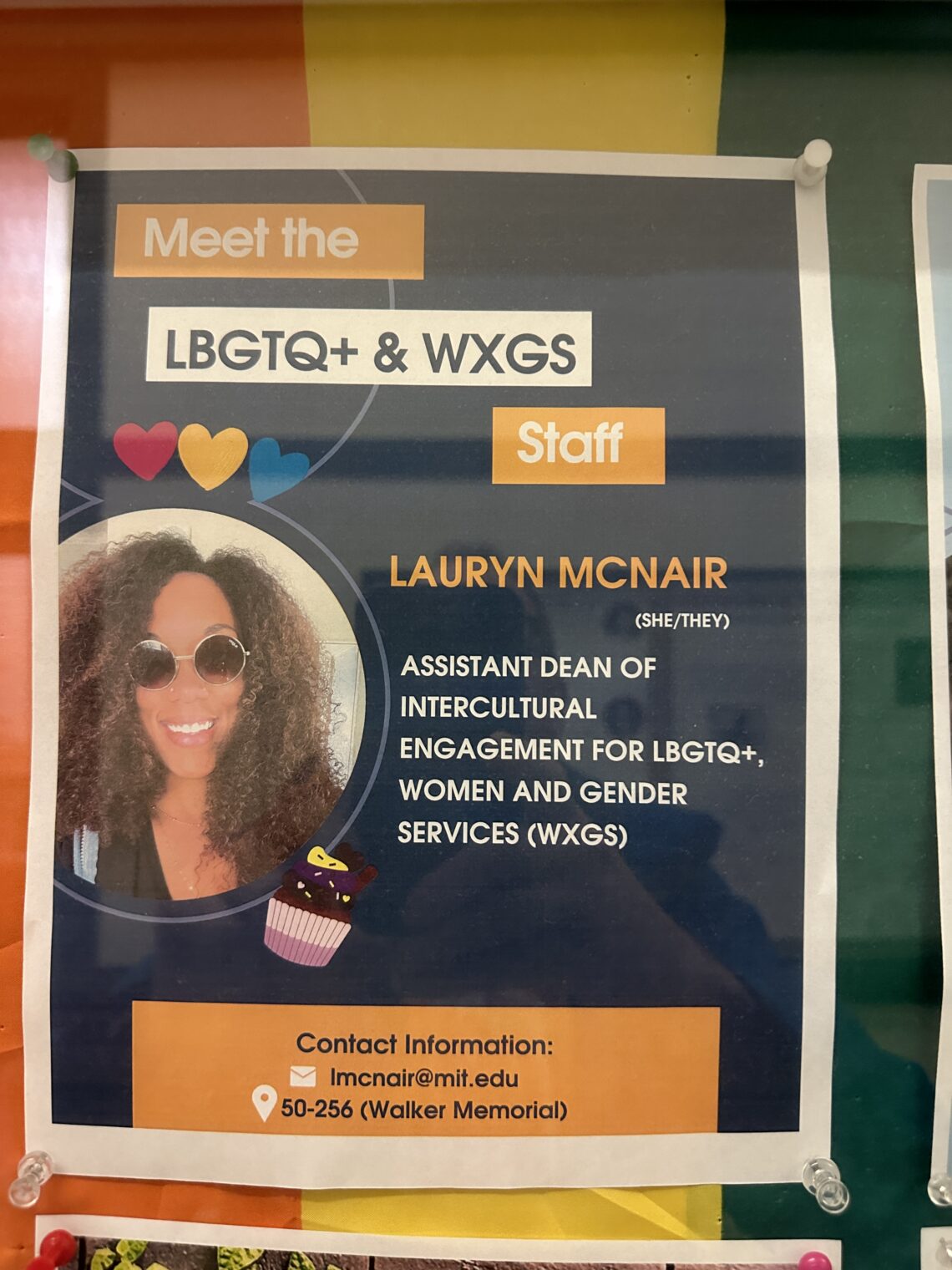
You don’t think of a science and engineering school as the natural home of accomplished writers? It worked for me. Before I came to MIT, my vocabulary was small. Now it is big.
For a college application essay they already know the topic, so presumably they would have something pre-written that they would just memorize and transcribe in the monitored environment.
Monitored essays would only cut down on cheating in cases where the topic to be written about is unknown to the student in advance.
Writing essays is racist! Why not just let all of the black people into every school?
When Bernie Sanders is in the White House in 2029 at the age of 87, colleges will be free for all. There will not be any need to take SAT or write any daman essay. You don’t even need to do well to graduate as long as you show up in class 50% of the time. The rest of the time? Spent at whore excursions on a cruise ship in Cartagena.
I’m curious to see how all this shakes out.
Caltech went race-blind, and I think there were too few minorities (of some types, any too many of others), so they dropped test scores.
https://www.caltech.edu/about/news/caltech-announces-updates-to-admissions-practices
MIT dropped essays, but they still require test scores.
https://mitadmissions.org/blogs/entry/we-are-reinstating-our-sat-act-requirement-for-future-admissions-cycles/
Today anyone who checks the Native American box on the common app is asked to provide the name of their tribe and their tribal enrollment ID number. That makes it more difficult to simply check the box. Elizabeth Warren does not have a Cherokee tribal enrollment number.
I have African ancestors. My great aunt Lucy for example.
This raises some interesting questions:
1) can a person produce a blood test which shows x% of NA blood and force the common application to accept the person as “NA unknown tribe”?
2) Can a person now take the case to court on the basis that NA status is a valuable property right even with no tribal association?
3) What about tribes that are unrecognized by the Feds? Does this give members a way to force quasi status by going after the folks at the common application?
Joe: Do you have a screen shot for that? The victimhood section of the Common app is shown at https://youtu.be/b0o1w61yAiE?t=128 and it looks like a person can check as many victimhood boxes as he/she/ze/they wants to. (“Native American” wasn’t checked in the video so there is no indication of additional questions that might pop up via the miracle of JavaScript (if memory serves, invented by a programmer who identified as a member of the Black Female Native American 2SLGBTQQIA+ community).)
Phil – Here is a link to PDF of the common app that includes the tribal enrollment questions.
https://college.harvard.edu/sites/default/files/2022-08/FY_APP.pdf
Dave: As far as I know a person can check the Native American box on the common app and then not pick a tribe and not supply any tribal ID or documentation.
It is also possible for someone to check the box, then designate a tribe, and then say they are not enrolled and/or that they don’t have any tribal ID. A college admissions staff can take that information for whatever it’s worth to them.
As for tribes that are not federally recognized, applicants can supply information about tribal affiliation even if the tribe is not federally recognized.
I don’t work in college admissions but I would guess that having documented tribal affiliation would be better for the applicant than having no tribal affiliation.
Phil – I don’t have a screenshot. I believe after checking the box the applicant gets a question asking if they are enrolled. If they say “yes” then they get a question asking which tribe. Then they are asked for their enrollment number. Here is a link to a common app support page answering a question about enrollment in more than one tribe. This references the “please choose the tribe you are enrolled in” question.
https://appsupport.commonapp.org/applicantsupport/s/article/How-do-I-indicate-that-I-am-enrolled-in-multiple-tribes
Also, I’ve heard that schools will separately request more info from applicants who check the NA box. A search turned up the below MIT admissions “Native Heritage” form.
https://etc.mitadmissions.org/nhf/
“When you stop selecting by ability you have to select according to some other inevitably less satisfactory criterion.” – Margaret Thatcher
The university admissions process in the US is broken.